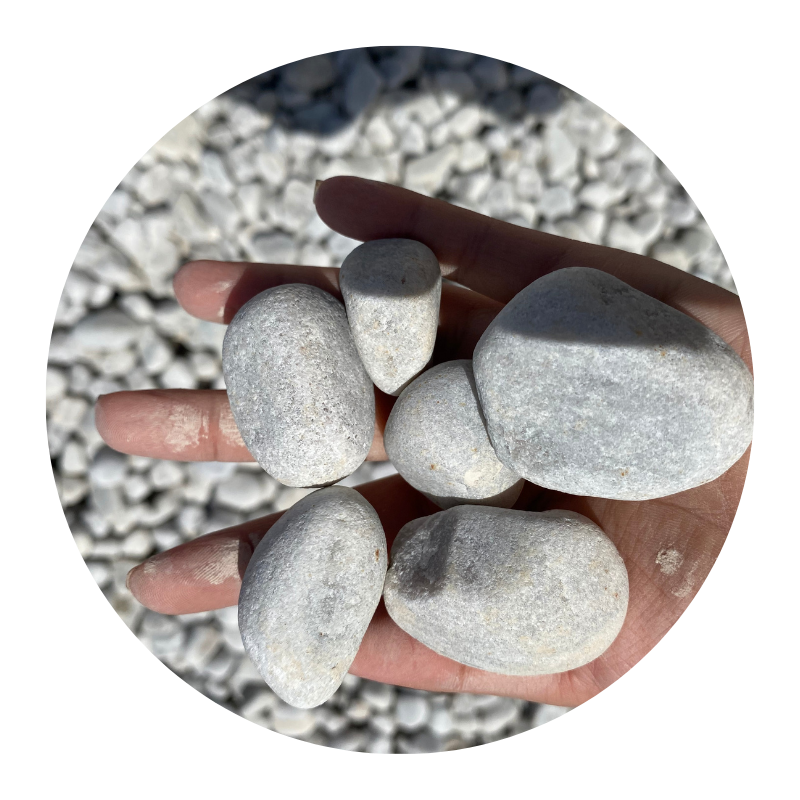
The Role of Common Minerals in Our Daily Lives and Their Importance to Society
Minerals Used in Everyday Life
Minerals are inorganic substances that play a pivotal role in our daily lives, often without us even realizing it. They contribute to a wide range of products and processes, from the technology we use to the food we eat. Understanding the minerals that are integral to our lives not only enhances our appreciation for the natural world but also highlights the importance of sustainable practices in resource management.
One of the most well-known minerals is silica, primarily found in sand and quartz. Silica is crucial in the production of glass, which forms the basis of everything from windows to electronics. Its ability to withstand high temperatures makes it essential in industries that require heat-resistant materials. Furthermore, silica is important in the construction sector, contributing to concrete and asphalt. As urbanization increases, the demand for these materials continues to soar, underscoring the significance of silica in modern architecture.
Minerals Used in Everyday Life
Gypsum is another mineral that significantly impacts daily life. This soft sulfate mineral is commonly used in the manufacturing of drywall, a key material in construction. Gypsum contributes to soundproofing and fire resistance in buildings, enhancing safety and comfort. Moreover, gypsum is used in the agriculture sector to improve soil structure, aid in moisture retention, and provide essential nutrients to crops. Its role in both construction and agriculture highlights the interconnectedness of minerals in our ecosystems.
minerals used in everyday life

The mineral halite, commonly known as rock salt, is vital for both culinary and industrial purposes. Beyond seasoning food, halite is used in water treatment processes to remove impurities and is essential in the production of chlorine and caustic soda, which are critical in various chemical industries. In colder climates, halite is used to de-ice roads during winter, ensuring safety and accessibility.
Copper is another mineral that profoundly influences our lives. Renowned for its excellent electrical conductivity, copper is a fundamental component in electrical wiring and electronics, ranging from home appliances to advanced telecommunications systems. It is also used in plumbing systems due to its resistance to corrosion and antimicrobial properties. As society becomes increasingly reliant on technology, the importance of copper cannot be overstated.
Finally, minerals like zinc and iron are critical for health. Zinc is integral to the immune system and is found in various dietary supplements and fortified foods. Iron, on the other hand, is essential for the production of hemoglobin and proper oxygen transport in the blood. Both minerals are vital for maintaining health and supporting the body’s functions.
In conclusion, minerals are indispensable to our everyday lives, from the structures we inhabit to the food we consume. As we continue to rely on these natural resources, it is crucial to adopt sustainable practices to ensure their preservation for future generations. By understanding the minerals that underpin our daily existence, we can cultivate a greater appreciation for the Earth's bounty and work towards a more sustainable future.
Share
-
Premium Pigment Supplier Custom Solutions & Bulk OrdersNewsMay.30,2025
-
Top China Slag Fly Ash Manufacturer OEM Factory SolutionsNewsMay.30,2025
-
Natural Lava Rock & Pumice for Landscaping Durable Volcanic SolutionsNewsMay.30,2025
-
Custom Micro Silica Fume Powder Manufacturers High-Purity SolutionsNewsMay.29,2025
-
Custom Mica Powder Pigment Manufacturers Vibrant Colors & Bulk OrdersNewsMay.29,2025
-
Custom Micro Silica Fume Powder Manufacturers Premium QualityNewsMay.29,2025






